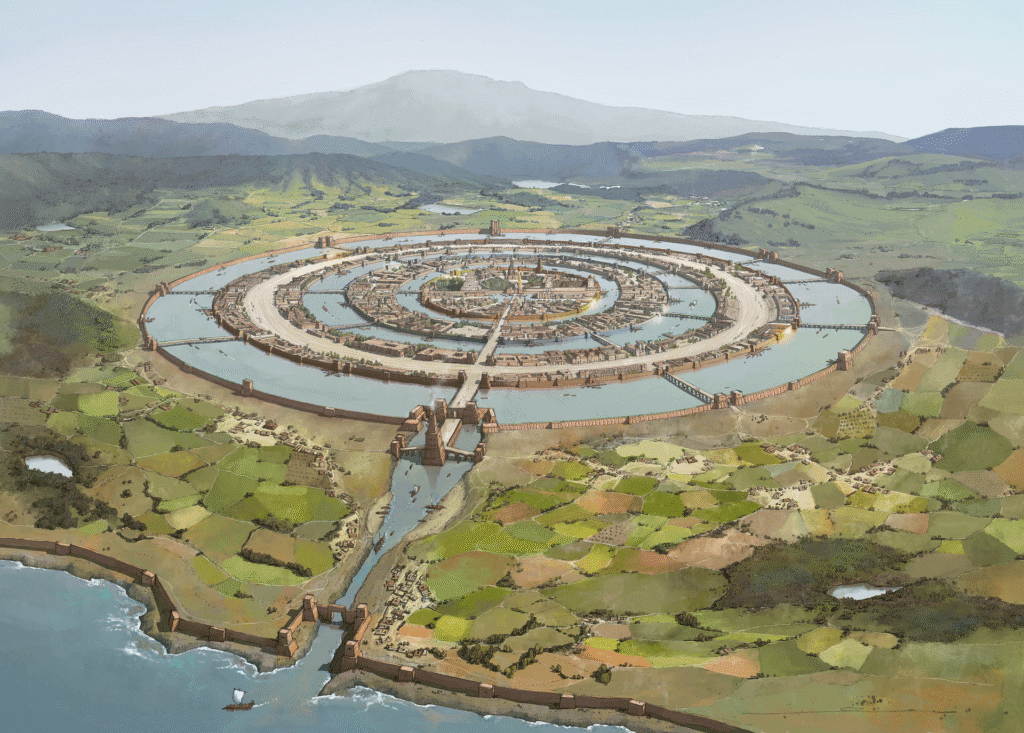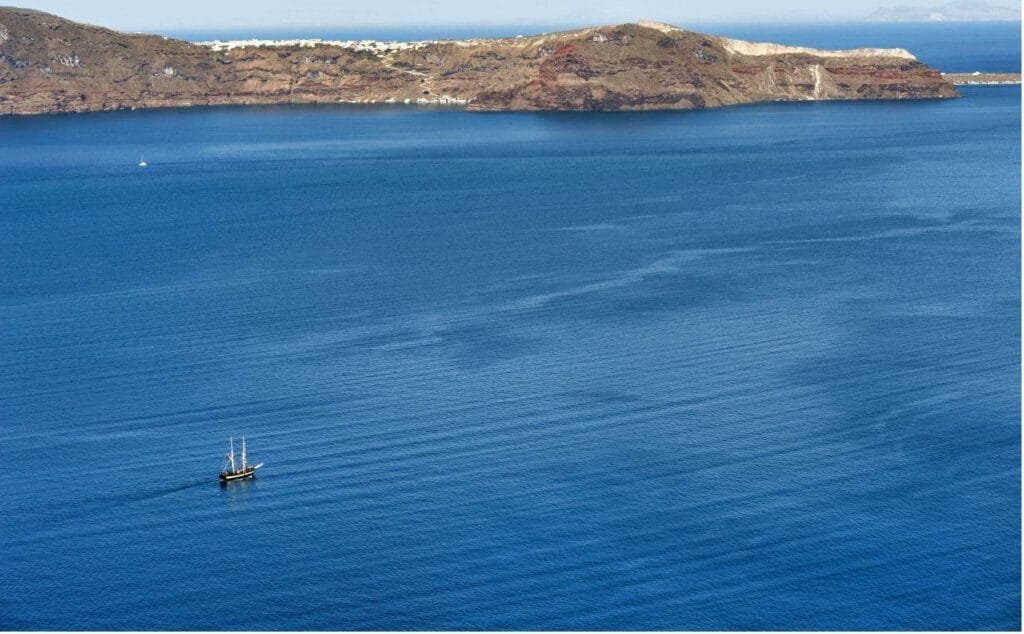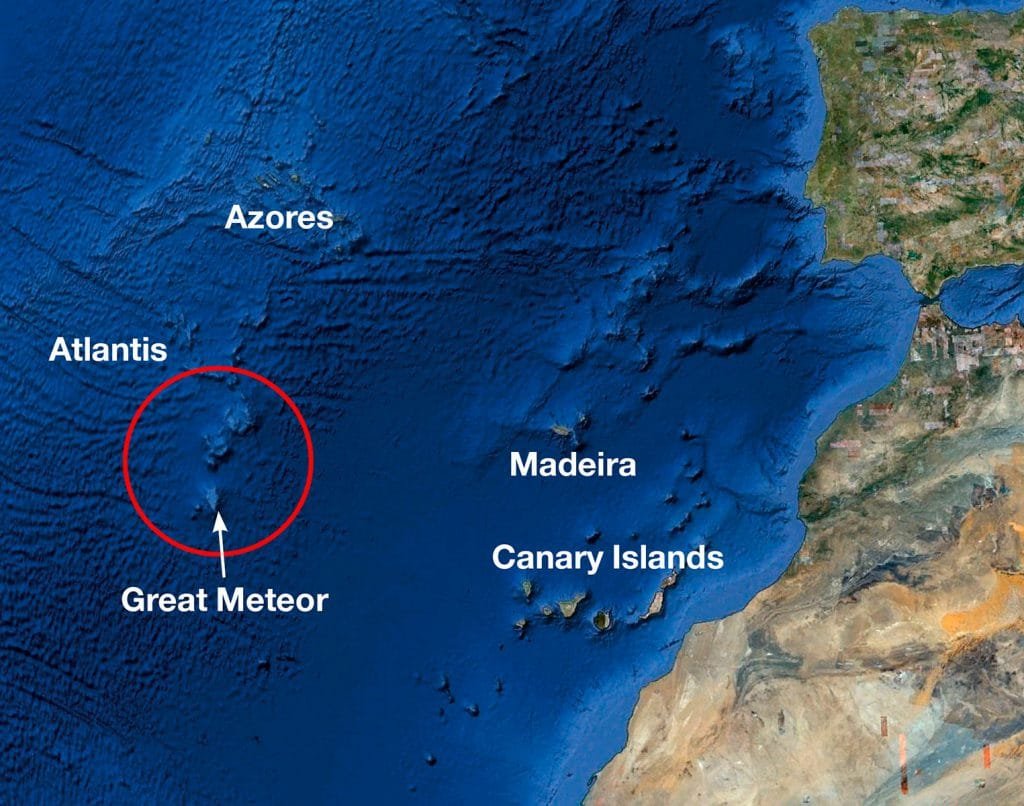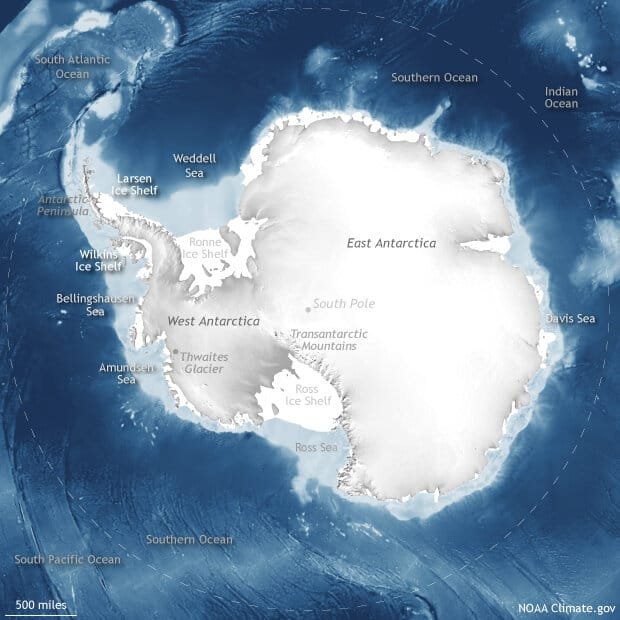The Lost City of Atlantis is a story like no other. Picture this: an island empire so advanced it rivaled the gods themselves, and then, in a single day and night, it vanished beneath the sea.
Every civilization on Earth carries stories of lost worlds, but none stir the imagination like Atlantis. It’s the ultimate enigma, a blend of myth, memory, and mystery that refuses to die. Was it real? A parable? Or a distorted echo of something ancient we’ve forgotten?
Let’s dive into the evidence, the theories, and the cultural obsession that keeps the Lost City of Atlantis alive.
Plato’s Account of The Lost City of Atlantis
Our story begins not with explorers or archaeologists, but with Plato, the philosopher who lived in Athens around 2,400 years ago.

In his dialogues Timaeus and Critias, see above Plato described Atlantis as a powerful maritime civilization located “beyond the Pillars of Heracles”, what we now call the Strait of Gibraltar. According to him, Atlantis rose to dominance nine thousand years before his own time, built by descendants of the god Poseidon and a mortal woman named Cleito.
Plato painted a vivid picture:

- A series of concentric rings of land and water
- An immense capital city with gleaming temples and canals
- A society rich in resources, art, and knowledge
- And a navy so vast it sought to conquer the known world
But pride brought Atlantis down. The Atlanteans, Plato said, grew corrupt and greedy. When they tried to invade Athens, the gods struck them down, and the island sank beneath the sea in a single day and night of misfortune.
For centuries, scholars treated this story as allegory, a moral lesson about hubris, not history. But Plato never hinted it was fiction. He claimed his ancestor Solon, one of Athens’ wisest lawgivers, heard the story from Egyptian priests in Sais, who preserved records of a great civilization destroyed by flood.
If Plato told the truth, even partially, Atlantis might rest not in imagination, but in the forgotten pages of prehistory.
Common Theories: Where Could The Lost City of Atlantis Be?
The search for Atlantis reads like a global treasure hunt. Every decade spawns a new “definitive location,” each one more provocative than the last. Let’s explore the most discussed contenders.
1. The Mediterranean Theories

Some researchers believe Atlantis never strayed far from Greece at all.
They point to Santorini (Thera), once home to the Minoan civilization, as a prime candidate. Around 1600 BCE, a massive volcanic eruption obliterated much of the island, sending tsunamis across the Aegean. The Minoans vanished soon after.
The Minoans fit many Atlantean traits: wealth, seafaring power, art, and engineering. Their frescoes show vibrant cities, complex plumbing, and a society built around trade and ritual.
But Plato placed Atlantis beyond the Pillars of Heracles, not within them. If we take him literally, that points west — into the Atlantic.
2. The Atlantic Hypothesis

In the late 19th century, Ignatius Donnelly popularized the idea that Atlantis once lay in the mid-Atlantic Ocean. He argued that the Azores Islands, three volcanic peaks jutting from the sea, are the last remnants of a drowned continent.
Modern geology rejects the idea of a sunken landmass in the middle Atlantic, but the Azores region still holds intrigue. Ancient maps show mysterious islands in that area. Sonar surveys reveal underwater structures that spark debate.
Could Atlantis have been a real island civilization later destroyed by cataclysmic events — just not a “continent” as early theorists imagined?
3. The Sahara Hypothesis: The Eye of the Sahara

Recently, attention shifted inland to Mauritania’s Richat Structure, also known as the Eye of the Sahara.
Seen from above, this massive circular formation mirrors Plato’s description almost perfectly: concentric rings of land and water, roughly matching his dimensions. Satellite imagery made it famous, and explorers found evidence of ancient river systems, marine fossils, and signs of habitation.
Critics call it coincidence, a natural formation shaped by erosion. But others believe the Richat Structure might preserve the eroded bones of a prehistoric city wiped out by floods.
If true, Atlantis might not lie beneath the sea, but beneath the sands of the Sahara.
4. Antarctica: The Frozen Atlantis

One of the most controversial theories claims that Antarctica once sat closer to the equator — a fertile land before a sudden pole shift froze it over. Proponents point to ice-penetrating radar scans that allegedly reveal geometric formations under the ice.
Mainstream science disputes the “pole shift” narrative, but ancient map evidence, like the Piri Reis map of 1513, continues to stir debate. That map appears to show Antarctica’s coastline centuries before modern discovery — and without ice.
Could a cataclysmic crustal displacement have buried an entire civilization at the South Pole?
Ancient Texts and Echoes The Lost City of Atlantis
Atlantis doesn’t stand alone. Civilizations across time preserved echoes of great floods and vanished lands.
- The Sumerians spoke of Eridu, the first city, swallowed by flood.
- The Maya and Aztecs described previous “Suns” — destroyed ages before ours.
- Hindu texts recount Dwarka, a divine city that sank beneath the sea.
- The Egyptians recorded cycles of destruction by fire and water, just as Plato’s priests described.
These stories might represent shared mythic archetypes, or fragmented memories of a prehistoric event that reshaped the world.
When we connect these dots, Atlantis feels less like an isolated legend and more like a global memory of a lost epoch — perhaps one erased by the end of the last Ice Age around 12,000 years ago.
Mainstream vs. Alternative Perspectives
Mainstream archaeology views Atlantis as mythological allegory. Scholars argue that Plato invented it to illustrate his ideal state — moral, disciplined, and guided by virtue — in contrast to the corrupt Atlanteans who fell. They note the lack of physical evidence and the geological impossibility of a “sunk continent.”
But alternative researchers like myself see something different. We point out that Plato anchored his story in specific geography and chronology, not mythic language. He described architecture, trade routes, and laws, not gods and monsters.
Modern discoveries blur the line further. Underwater ruins off Yonaguni, Japan, Dwarka, India, and the Bahamas’ Bimini Road suggest advanced coastal structures predating known civilizations.
Whether these sites connect to Atlantis or not, they remind us that human history runs deeper than our textbooks admit. The line between myth and memory remains thinner than we once believed.
Why Atlantis Endures
Atlantis endures because it bridges two powerful ideas: loss and possibility. It warns us about pride and decay, but it also whispers of forgotten wisdom, a civilization that mastered knowledge we barely grasp.
Whether Atlantis existed as Plato described or as a composite of many ancient memories, the legend still challenges us. It asks: How much of our true history lies hidden beneath the sea, the sand, or the stories we refuse to believe?
Would you like to know more?
Watch our video content on YouTube now by clicking here or see more articles below



Pingback: Where Was the Lost City of Atlantis Located?
Pingback: Plato’s Description of Atlantis: What Did He Really Say?